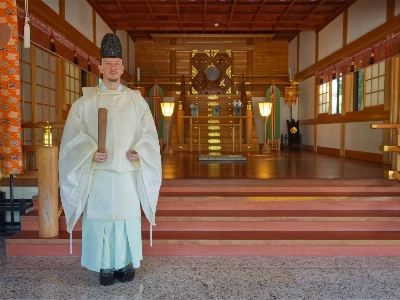SEOUL -- It turns out that the construct of the "axis of evil" was more than an applause line in the 2002 State of the Union speech by U.S. President George W. Bush. What it really has come to convey is the interaction between axis members, which was little appreciated by Bush speechwriters at the time.
After the quick military victory in Iraq, North Korean leader Kim Jong Il crouched underground as military action against Pyongyang appeared imminent. However, the prolonged insurgency that followed the lightning military thrust has turned the tables for the time being. Use of force against North Korea is no longer a short-term option, particularly in an election year with ongoing insurgencies in both Iraq and Afghanistan in addition to the broader war on terrorism.
Thus Kim was given wiggle room, and he used it to the hilt, delaying the next round of six-party talks. He signaled his desire for concrete concessions up front -- not vague security assurances -- before participating, such as fuel oil and his country's removal from the U.S. terrorist list.


















With your current subscription plan you can comment on stories. However, before writing your first comment, please create a display name in the Profile section of your subscriber account page.